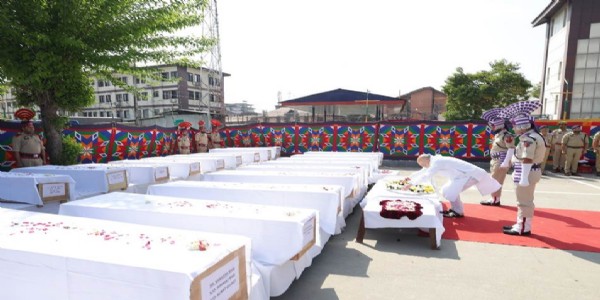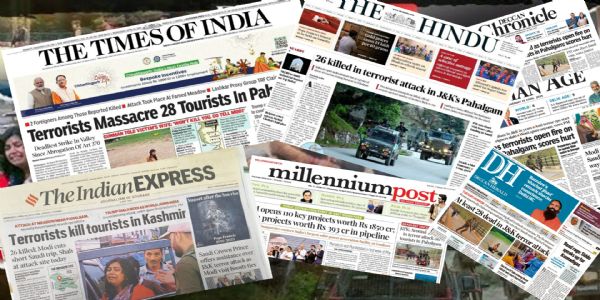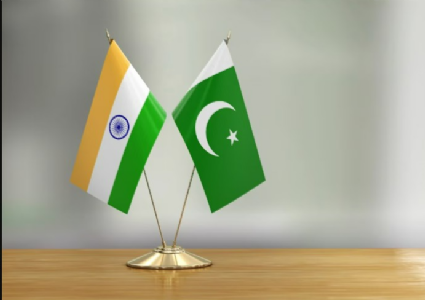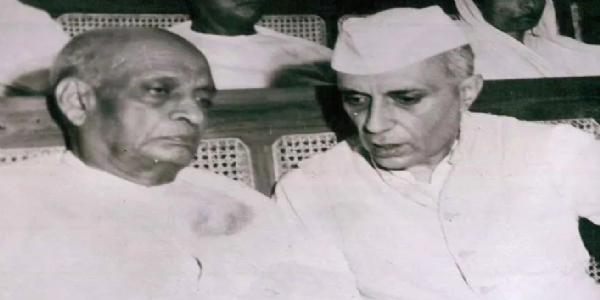How is NRC different from CAA? Read out as Govt clarifies confusions on NRC
New Delhi, December 20: While the nation is boiling with half heard information on Citizenship Amendment Act and the liberals taking undue advantage of spreading venom in society, the government has come out in open to explain every small detail of the act. Nevertheless, it has also come forward with some basic FAQs explaining the common man on what the Act says and also differentiates it with National Register of Citizens (NRC) process. As the NDA government answers all queries, it also appeals to the people to not get mislead by rumours and doubts over CAA and NRC.
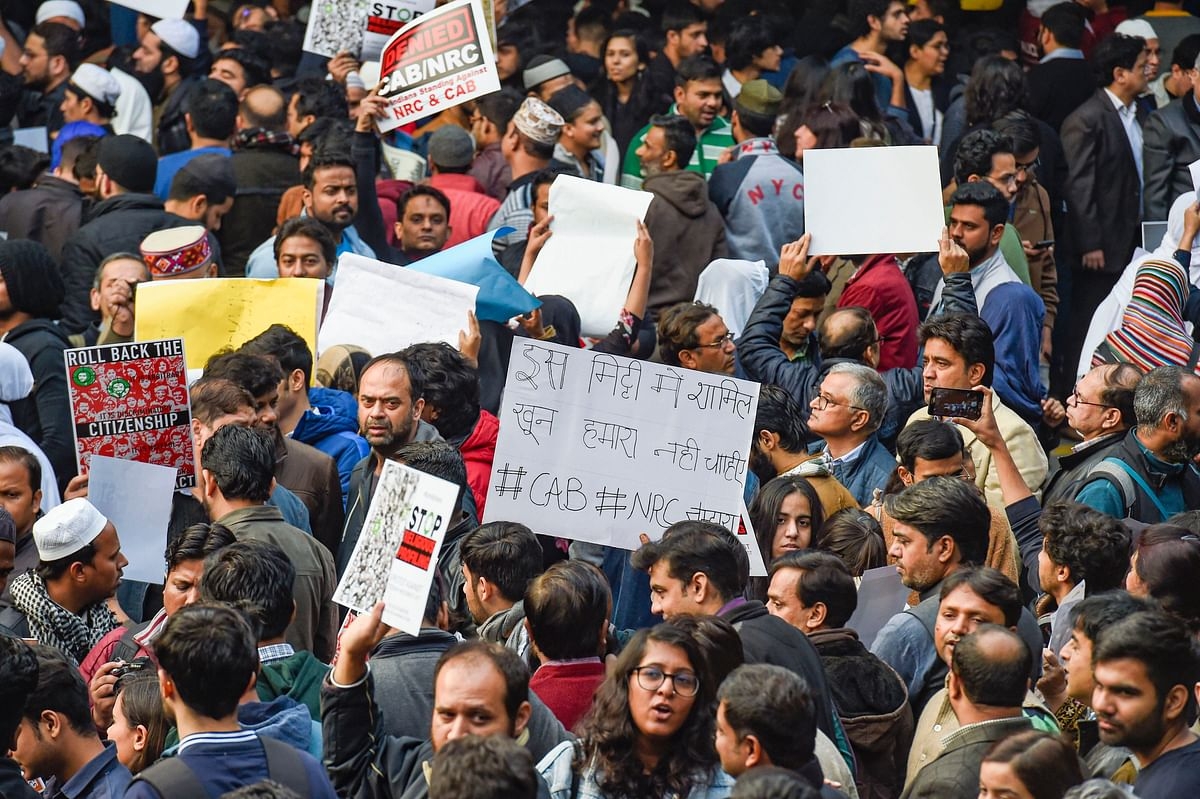
The FAQs came as doubts persisted over the CAA and NRC, with a majority of the protesters unaware of the specifics of the CAA and NRC. The government clarified that the pan India NRC process was yet to begin and that no proof of being an Indian will be sought from Muslims during the NRC exercise. Only an identity card will suffice, the government underlined.
Here are the FAQs released by the Union government:
As India being a ‘secular’ nation, the most triggered question among the masses prevails is whether the Muslim be asked for proof of being Indian through NRC. To which, the government clarified stating that NRC has not been started at a national level. The Centre has made no official announcement nor has it jotted down any rules and regulations. In one way, you can think of NRC as a process like Aadhaar Card or any other identity card. To register your name in the citizenship register, you have to provide any of your identity cards or other documents, as you provide for the Aadhaar card or voter list.
Clarifying another doubt on if NRC is applicable, does the citizen have to prove the pedigree before 1971, to which the Centre gave a straight no. It explained, for pre-1971 genealogy, the person do not have to present any type of identity card or any documents like the birth certificate of parents, ancestors. It was valid only for the Assam NRC, based on the Assam Accord and the Supreme Court's directive. The NRC process is completely different (from that of Assam) for the rest of the country.
Busting myth on do people have to provide birth details of parents to prove our Indian citizenship in NRC process, the government replied stating that there is no compulsion on birth certificate. Citizenship can be proved by submitting any documents related to the date of birth and place of birth. However, a decision is yet to be taken on such acceptable documents. It is likely to include voter card, passport, Aadhaar, license, insurance paper, land or house papers or other similar documents issued by government officials. The list of these documents is likely to be longer. So, no Indian citizen has to suffer unnecessarily.
Clarifying issues pertaining to people who are not educated and do not have relevant documents, the govt stated that the concerned official (carrying out the NRC exercise) will allow that person to bring a witness. At the same time, other evidence and community verification (identification from the villagers) will also be allowed. A proper procedure will be followed. No Indian citizen will be put in undue trouble. For those who are poor, uneducated, homeless and do not have basis of identity, the government explained that such people cast vote on some basis and also, they are provided benefits of welfare schemes. Their identity will be established on the basis of that.
The NRC process does not affect or exclude any transgender, atheist, tribal, Dalit, women and landless people who do not have documents. Moreover, the Civil Amendment Act under the Citizenship Act 1955 does not prevent any citizen of any country from applying for Indian citizenship. Baloch, Ahmedia, Rohingya can apply for Indian citizenship at any time, provided they fulfil the qualification related to the Citizenship Act 1955.


